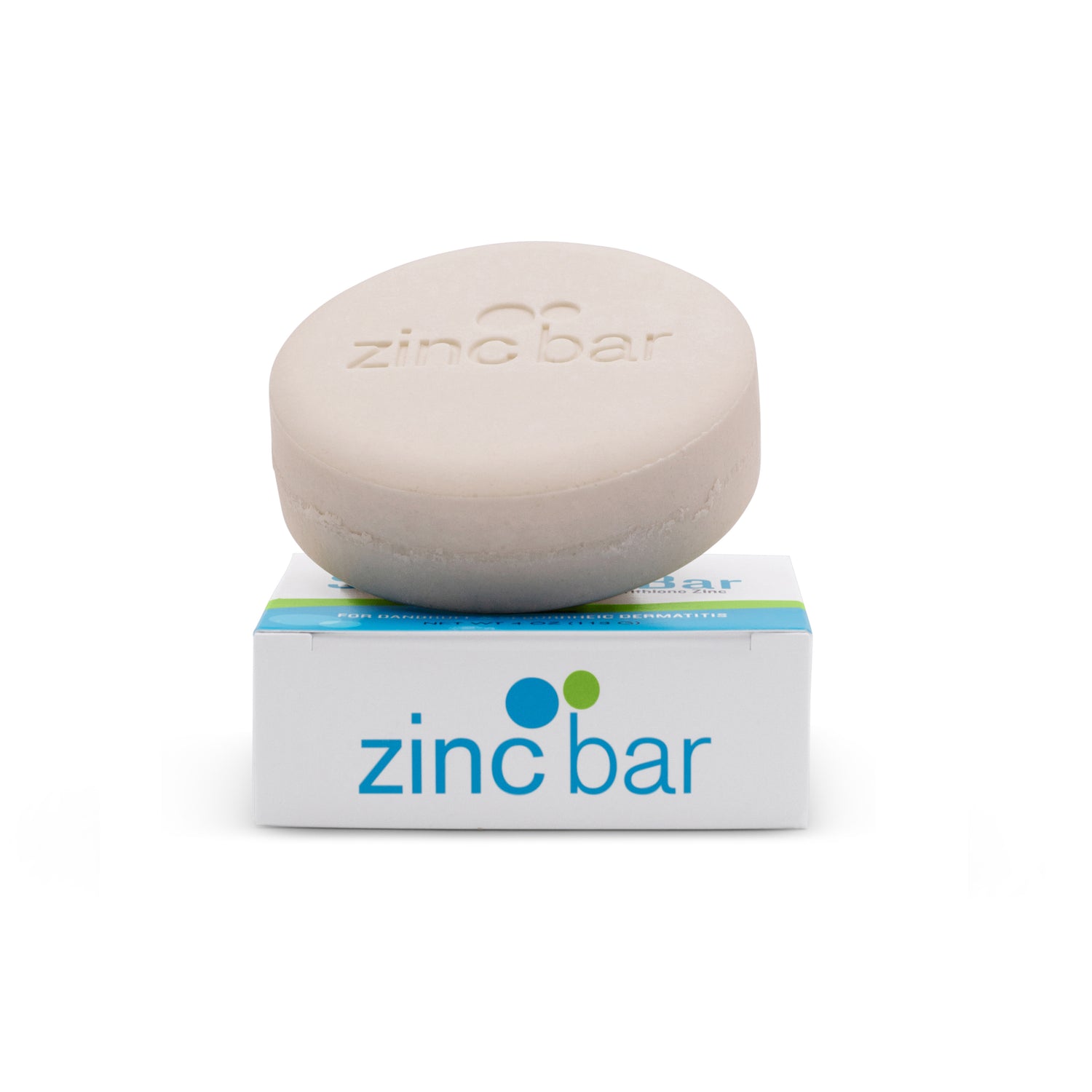Spirulina
Spirulina is a free-floating blue green alga that grows in warm, alkaline freshwater lakes worldwide, from which it is harvested, and typically dried into cakes or pellets, for use as a dietary supplement. Today the world's greatest commercial producers of spirulina include the US, Thailand, India, Taiwan, China, and Myanmar.
As a nutritional supplement, these tiny microorganisms are extremely rich in both macronutrients and micronutrients. Spirulina not only contains protein, but unlike other plant-based protein sources, provides all 20 essential amino acids. Another unusual quality of spirulina as a plant food is its essential fatty acid content, which includes ALA, LA, EPA, and DHA. As for vitamins, the B-complex group is very well represented in spirulina, including thiamine (B1), riboflavin (B2), nicotinamide (B3), pyridoxine (B6), and folic acid (B9), and some references suggest it may also contain B12. Other vitamins spirulina contains include C, D, and E. In addition, spirulina is a good source of minerals, particularly potassium, as well as calcium, chromium, copper, iron, magnesium, manganese, phosphorus, selenium, sodium, and zinc. If for its rich nutritional content alone, spirulina ranks as a superfood.
Potential health benefits of spirulina:
In vitro (test tube/Petri dish), as well as animal and human studies on spirulina are limited, but data suggest that when consumed regularly, this microalga has strong antioxidant, anticancer, and cholesterol-regulating properties. While only a few studies have been conducted to date in humans, the health benefits of spirulina have been recognized by many cultures worldwide for millennia, from Africa to Asia and throughout Europe and the Americas.

